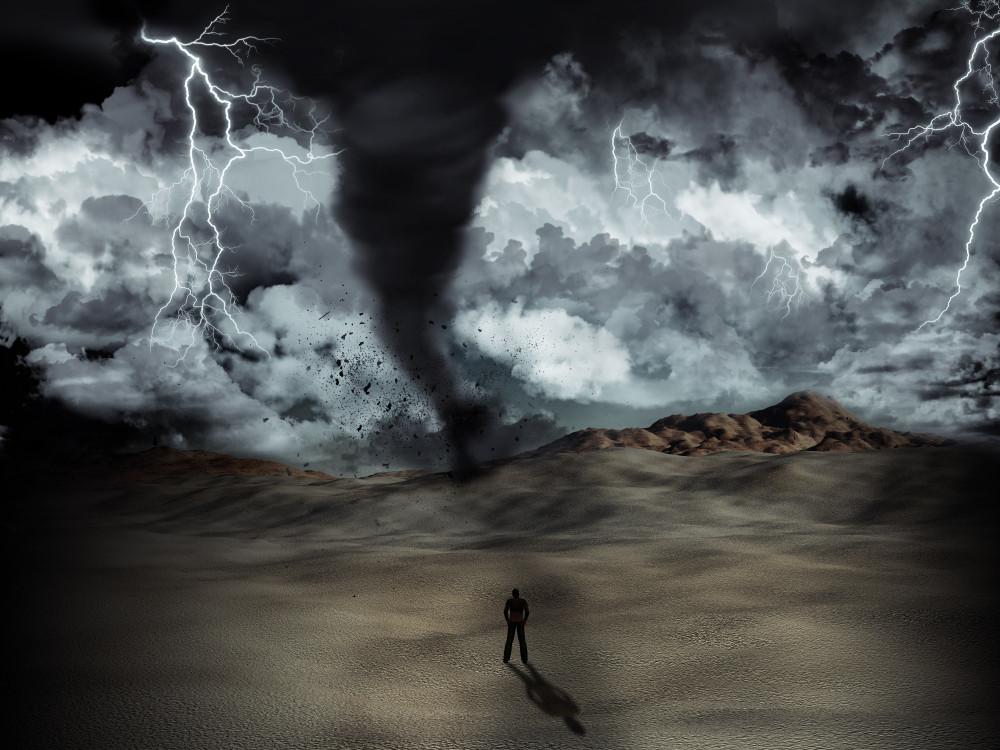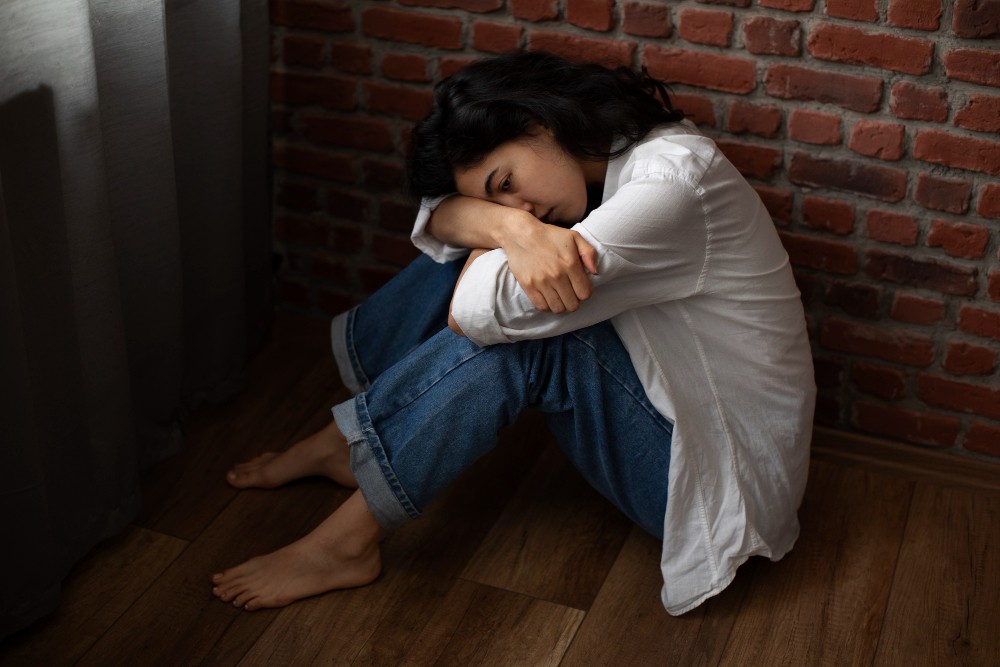Storms and tornadoes are natural events that can occur anytime and anywhere. Tornadoes can be very destructive and cause loss of life. For some people, witnessing strong wind vortices can trigger excessive fear (phobia). The fear of storms and tornadoes is known as lilapsophobia and can interfere with daily activities.
Phobia of storms and tornadoes (Lilapsophobia)
Lilapsophobia is a specific phobia, which is an intense and irrational fear of something that does not pose any danger or does not pose any danger.
Even though tornadoes and storms pose a threat to many and instill fear in most, individuals with lilapsophobia experience an exaggerated fear.
Read more: How To Overcome Fear Of Traveling By Air (Aerophobia)
Causes of lilapsophobia
Like other specific phobias, fear of storms and tornadoes is generally caused by trauma or unpleasant experiences due to storms and tornadoes. Apart from that, genetic and environmental factors can also cause someone to experience lilapsophobia. Here's the explanation:
Unfavorable past events related to storms and tornadoes
Storms and tornadoes can cause fear and trauma. During a tornado, the sky turns dark, accompanied by roaring sounds and strong vortices that can cause injuries and property damage. This damage can cause severe damage, serious injury, and even death. This condition can cause a person to experience trauma and fear that is difficult to get rid of (PTSD).
Genetic factors
If there are family members who experience mood disorders, this can increase the risk of anxiety and specific phobias, including tornadoes.
Read more: Get To Know Physical And Emotional Signs Of Experiencing Klaustrophobia (Claustrophobia)
Signs and symptoms of lilapsophobia
The fear of bad weather can be advantageous for specific individuals, as it helps them stay alert and prepared for potential hazards. For example, bring an umbrella and raincoat when traveling. However, in people who have lilapsophobia, the fear they experience inhibits their activities.
Symptoms associated with lilapsophobia include:
Behavior
- Constantly check the weather report
- Hesitate to go out of the house with a forecast of unfavorable weather.
- Stay away from buildings that are not safe from storms
- Ensure to have basic supplies on hand even when there's no immediate threat of severe weather.
Physical response
- Anxiety, pacing, and restlessness
- Shiver
- Headache
- Muscle tension
- Nausea or diarrhea
- Feel depressed
Treatment for lilapsophobia
Lilapsophobia can be treated with several types of therapy, including:
- Exposure therapy, namely exposing people with phobias to situations that trigger fear. This therapy can be done by looking at pictures or videos of tornadoes. Over time, the exposure will become less bothersome.
- Cognitive Behavioral Therapy (CBT), is a type of therapy to explore thoughts and feelings related to phobias. The therapist will teach healthier alternative thinking when facing storms.
- Medications by taking antidepressant or anti-anxiety medication.
- Stress management. Applying various techniques to calm the mind, such as relaxation exercises, breathing exercises, meditation, and journaling.
Want to know more information about other diseases? Click here!
- dr. Monica Salim
Cleveland Clinic. Lilapsophobia (Fear of Tornadoes or Hurricanes). Available from: https://my.clevelandclinic.org/health/diseases/22375-lilapsophobia
Fritscher, L. (2022). Lilapsophobia: The Fear of Tornadoes or Hurricanes. Available from: https://www.verywellmind.com/lilapsophobia-2671866
WebMD Editorial Contributors. (2022). Specific Phobias. Available from: https://www.webmd.com/anxiety-panic/specific-phobias
Mayo Cinic. Specific Phobias. Available from: https://www.mayoclinic.org/diseases-conditions/specific-phobias/diagnosis-treatment/drc-20355162#











